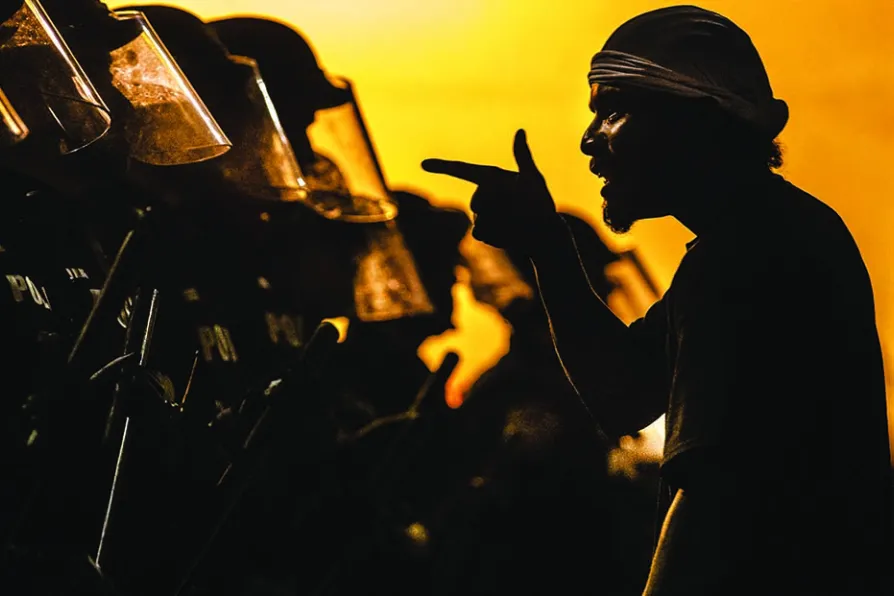By pressuring Mexico to halt oil shipments, Washington is escalating its blockade of Cuba into a direct bid for economic collapse and regime change, argues SEVIM DAGDELEN
From a moment to a movement
Never has the description by Franz Fanon of black people as the wretched of the earth felt so real – the time for resistance is now, says ROGER McKENZIE


I HAVE always been told to be patient and things will improve for black people.
In fact I was also told this tall tale during my younger days when I was called coloured.
I stopped being coloured when I decided to identify as black because I realised that things were not improving and often the people telling me to be patient were systematically and knowingly discriminating against me or at least benefiting from the racism that I was experiencing.
Similar stories

The Star's critics MARIA DUARTE and MICHAL BONCZA review Backlash: The Murder of George Floyd, The Uninvited, The Surfer, and Motel Destino

From the TUC Race Relations Committee to national union treasurers, a new generation of formidable black women leaders are breaking barriers and transforming the movement through uncompromising politics, writes ROGER McKENZIE

RON JACOBS recommends a book filled with history and political theory that provides both a basis and inspiration to create a way forward











